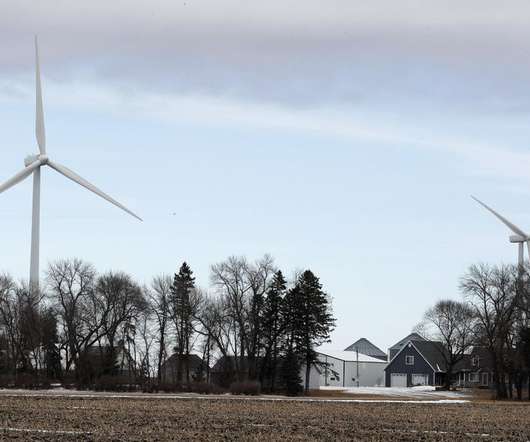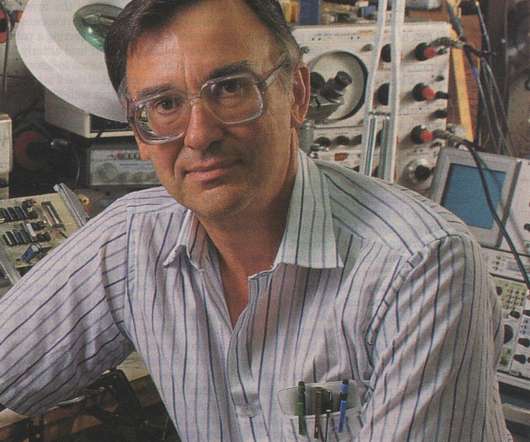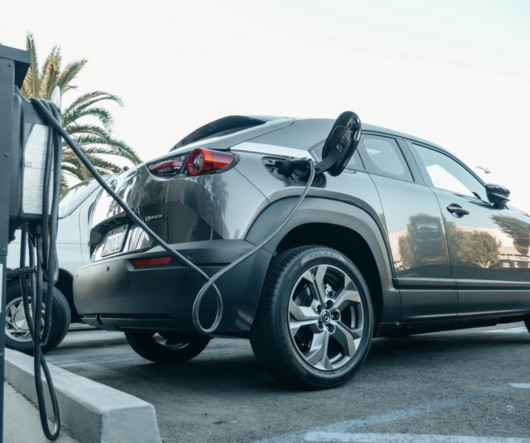Continental presents action plan for immediately reducing lead in electronic components in cars
Green Car Congress
AUGUST 12, 2019
Continental has submitted a plan of action to the Lower Saxony Ministry for the Environment, Energy, Construction and Climate Protection with which the company intends immediately to reduce the lead content in some of its electronic components to legally prescribed maximum quantities in accordance with the End of Life Vehicles Directive.













Let's personalize your content